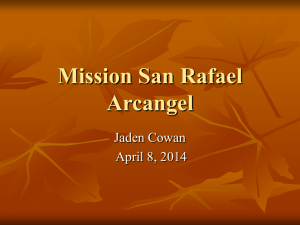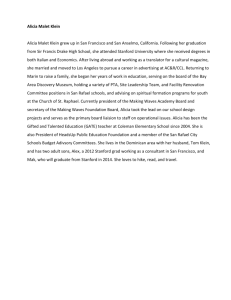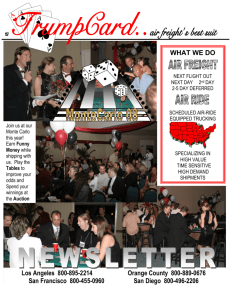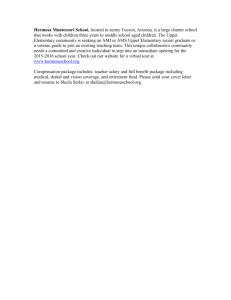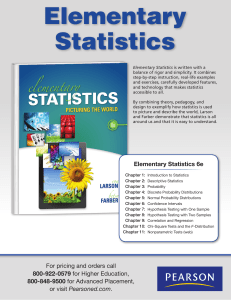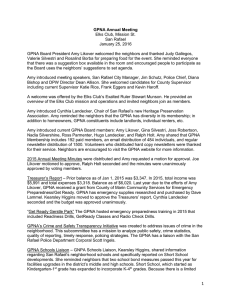File
advertisement
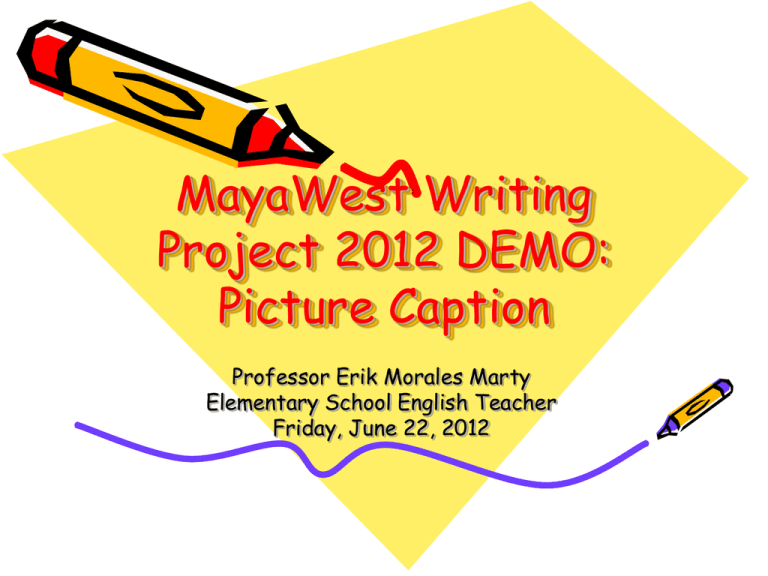
MayaWest Writing Project 2012 DEMO: Picture Caption Professor Erik Morales Marty Elementary School English Teacher Friday, June 22, 2012 Biography • I attended Antillean Adventist University in Mayagüez, graduating in 2006. • I completed a Bachelor Degree in Secondary Education in Teaching ESL (English as a Second Language) with a minor in World History. • Thanks to Title II Higher Education Act: Part A—Teacher and Principal Training and Recruiting Fund, I was able to complete a concentration in Elementary Education in Teaching ESL at the Pontifical Catholic University of Puerto Rico. My Teaching Experience • • • • • • In 2001 I worked as an English Tutor for the Pontifical Catholic University of Puerto Rico. In 2002 I worked at a center for Special Education Children: Centro de Terapias Educativas in Mayagüez. From 2004 to 2005 I completed my Practice Seminar at Ramírez Hostos Bilingual School in Añasco . From 2006 to 2008 I worked as an Elementary English Teacher for Colegio San Jose in San German. In 2008 I worked as a Conversational English and Oral Business Communication Professor for Ponce Paramedical College. I currently work for them during the summer. In 2009 I started working for the Department of Education as an Elementary School English Teacher. I have worked in different schools from Hormigueros and Mayagüez. My School • • • Escuela Cruces (Rafael Cordero Molina-La Escuela del Maestro Cordero de Francisco Oller). Rafael Cordero Molina was born in San Juan on October 24, 1790. at the time, Black children were not allowed to enroll in school. Rafael's parents, were a well-educated couple who loved reading and knowledge, and above all were devoutly Christian. Because of this, they instilled in little Rafael's intellect and heart a great desire to know more about the world that surrounds us, and, further, to transmit this interest to others as a sign of Christian virtue. In a short time, Rafael became a well-educated young man, able to work as a teacher of elementary subjects without regard to their race or social status, in his home on Luna Street, San Juan. My School continuation… • • • • • • • • It is located in the rural area of Barrio Quebrada Grande in the city of Mayagüez. Colegio San Benito is nearby. Most of the students come from that same community and are very proud of it. I teach English from Kindergarten to Third Grade. I have to move around school. I try to leave my stuff in the classrooms so I don’t waste time. The groups are usually from 20 to 30 students. Their knowledge of English is somewhat limited. I believe it has a lot to do with a negative perception of the language both politically and socially. I always have a couple of students that come from the U.S.A. My Philosophy • I believe that the teacher has to provide relevant, pertinent, correct, and useful information to the student that will allow him/her to apply it in similar or related situations that they will encounter. • The student’s background and environment affects positively or negatively the learning process. If the student’s circumstances don’t improve or change, the learning process will be interrupted. Jerome Bruner’s Constructivism • The instructor's task is to "translate information to be learned into a format appropriate to the learner's current state of understanding" and organize it in a spiral manner "so that the student continually builds upon what they have already learned." • Bruner states that a theory of instruction should address the following aspects: – The most effective sequences in which to present material. – The ways in which a body of knowledge can be structured so that it can be most readily grasped by the learner. Jerome Bruner Constructivism • Bruner's constructivist theory can be applied to instruction by using the following principles: – Instruction must be concerned with the experiences and contexts that make the student willing and able to learn ( readiness). – Instruction must be structured so that it can be easily grasped by the student ( spiral organization). – Instruction should be designed to facilitate extrapolation and/or fill in the gaps ( going beyond the information given). Norman Webb’s Taxonomy Depth of Knowledge Norman Webb’s Taxonomy • Level 1 Recall – Focus is on students to work with specific facts, definitions. Items only require students to have a shallow understanding of text. • Level 2 Skill & Concept – Students are required to apply skills and concepts. They must comprehend and process portions of a text; main ideas are stressed. Norman Webb’s Taxonomy • Level 3 Strategic Thinking – Students are required to use complex and abstract thinking. They are encouraged to go beyond the text—to explain, generalize and connect ideas. • Level 4 Extended Thinking – Students are required to use higher order thinking. They are asked take material from one content area and apply it to another. DE: Standards and Expectations for 3rd Grade Standard: Writing Expectation W.3.3-Applies basic grammar and mechanics to write declarative sentences of 3-5 words. Introduction: Picture Caption • Have you seen this symbol before? Where? • What does it mean? • Who needs this? What is Closed Captioning? • “Closed captioning allows persons with hearing disabilities to have access to television programming by displaying the audio portion of a television program as text on the television screen. Beginning in July 1993, the Federal Communications Commission (FCC) required all analog television receivers with screens 13 inches or larger sold or manufactured in the United States to contain built-in decoder circuitry to display closed captioning.” FCC-Federal Communication Commission Materials • Handouts (Brainstorming activity and the writing prompt) • A picture/scene (the picture has to be one that draws his/her attention) Steps to follow • Show students a picture and begin the brainstorming activity. Ask them questions about it. This can be done on the board or individually depending on the students level of language proficiency. Write down what the students say or tell them to write it in a semantic map. • Then each one of them will get a paper so they can start organizing and writing their sentences or story. • This could take about 2-3 days. Special Education Accommodations • • • • • Individualized help Fragmented work Extra time Special seating arrangements The special education teacher work with the students in the classroom. Picture Captions • Write a story to go along with the picture. (Number of sentences may vary) • In order to help the student organize his/her ideas we’ll use a semantic map. • BRAINSTORMING Background knowledge Sentencetells a complete thought Begins with a capital letter Ends with a period Subject Predicate Noun Verb (action, linking, helping) Adjective Proper or common Articles Basic sentence structure model • Article (the/an/a)+noun (proper/common)+verb (action/linking/helping)+(noun/adjective) • Examples: The boy is angry. Pedro is angry. Examples Examples References • DE English Program. Content Standards and Grade-Level Expectations: English Program. San Juan: Department of Education , 2007. Print. • Writing Worksheets - Story Pictures. Super Teacher Worksheets. Web. 17 Jun. 2012. <http://www.superteacherworksheets.com/writingstorypics.html>. • Federal Communications Commission. Closed Captioning, 2 Apr. 2012 . Web. 17 Jun. 2012. <http://www.fcc.gov/guides/closed-captioning>. • North American Division Office of Education. Learning Theories and Teaching Strategies . Web 20 Jun. 2012 http://www.journeytoexcellence.org/practice/instruction/t heories/. Questions and feedback
